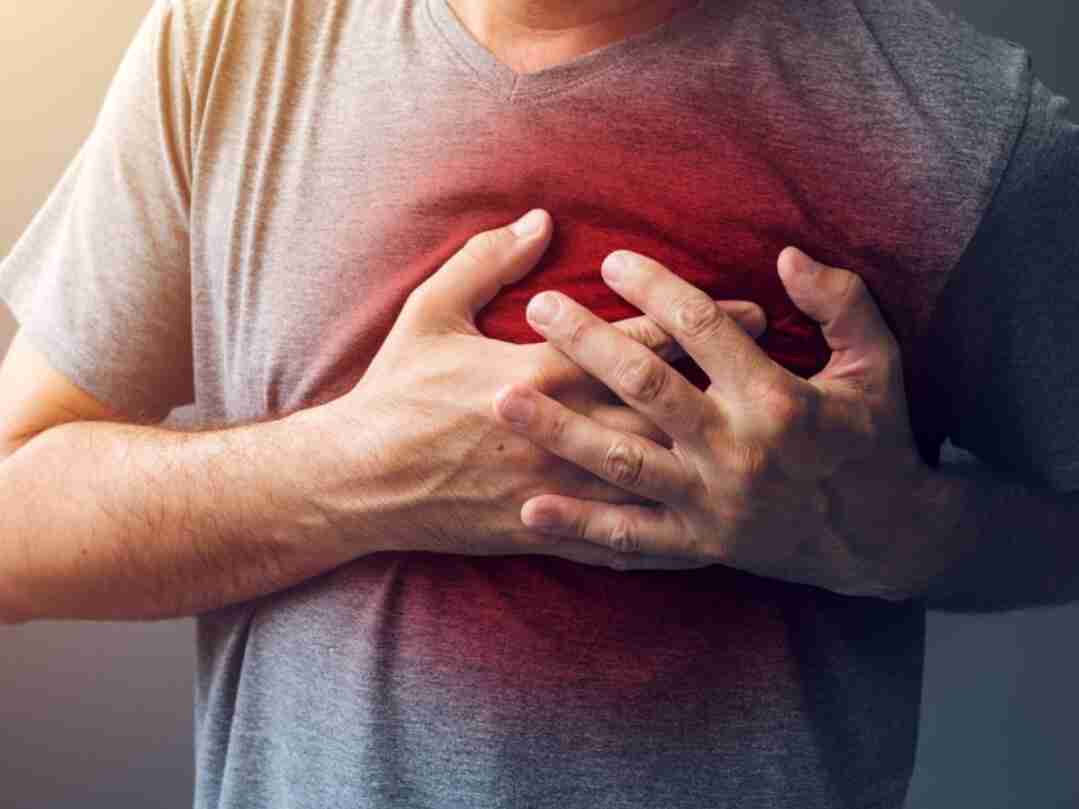'Heart' of the matter
More and more young Indians are dying of heart attacks; unhealthy lifestyles and stress emerge as the highest risk factors

During one of my television jobs, I happened to work with a young, creative cameraperson. He had the sweetest disposition and would come up with the most innovative visuals. The news of his sudden death shocked all of us. He had had a massive heart attack; he was only 28. More and more Indians are having heart attacks and the age group is getting only younger. Most recently, popular actor Sidharth Shukla's death by heart attack at 40 years of age came as unsettling news. Earlier in June this year, Bird Group Executive Director Ankur Bhatia also suffered a massive cardiac arrest at the age of 48. They were both physically fit and active men whose deaths are a tragedy. BCCI President and former India captain, Sourav Ganguly also suffered a mild heart attack in January and received timely medical intervention. They are part of a growing club of young people who have been failed by their hearts.
According to the World Health Organisation (WHO), over 75 per cent of deaths due to cardiovascular diseases occur in low- and middle-income countries where high blood pressure among individuals is becoming increasingly common. High blood pressure is a known risk factor for heart-related illnesses. In 2016, 63 per cent of all deaths in India were caused by non-communicable diseases and 27 per cent of those deaths were due to cardiovascular diseases. Heart-related ailments accounted for 45 per cent of deaths in the 40–69 years age group. According to a paper published on the National Centre for Biotechnology Information (NCBI), India has "one of the highest burdens of cardiovascular disease (CVD) worldwide". The total number of deaths from CVD in India was expected to rise from 2.26 million (1990) to 4.77 million (2020). The prevalence of coronary heart disease in the last few decades has ranged from 1.6 per cent to 7.4 per cent in rural populations and from 1 per cent to 13.2 per cent in urban populations. 50 per cent of Indian men who suffer heart attacks are under 50 years of age and 25 per cent of all heart attacks in Indian men afflict those under 40 years of age, as per the Indian Heart Association.
There are twin reasons to worry — firstly, younger people are getting heart attacks. It's not just the old and obese, heart attacks are felling ripped, super active individuals. Secondly, unlike the oft believed theory that the heart sends a warning before packing up, we are seeing that attacks are so debilitating that there is no chance of survival. No opportunity to get a stent or bypass or pace-maker. One massive attack and that's the end of that!
Globally, heart disease has reigned as the leading cause of death for over 20 years. Though alarmingly, it's killing more people now. "The average age of people with heart ailments is coming down. In the next five to 10 years around 20 per cent of the Indian population would be affected," opines the Asian Institute of Medical Sciences. And by all counts, it's our fast-paced life with its daily grinds and constant hustles that's proving to be the ultimate nail in our coffin (morbid jokes apart). All factors point to our hectic lifestyles with excessive stress, bad diet, odd working and sleeping hours, over-indulgence of alcohol and smoking.
Death is the only constant in life and sometimes, nothing can stop the inevitable. However, we can prevent premature heart attacks by leading healthier, more balanced lives. Speaking from experience, the most challenging factor in all our lives is stress, something that our parents' generation may still be unfamiliar with. We, on the other hand, have grown up with stress, nurtured it, and are carrying it with us for years. Professional and personal competition, ambition, constant drive, while excellent for career and familial growth can do much bodily harm to us. Slowing down, living wholesome lives, and getting annual health check-ups should be high up on our priority list. The young people that are dying because of heart attacks are technically physically fit but not necessarily healthy. Stress, when not managed through yoga, exercise, and meditation can lead to a dangerous dependence on alcohol, tobacco, and drugs. Either way, it will be stress or related habits that can push our hearts to give up.
The writer is an author and media entrepreneur. Views expressed are personal



